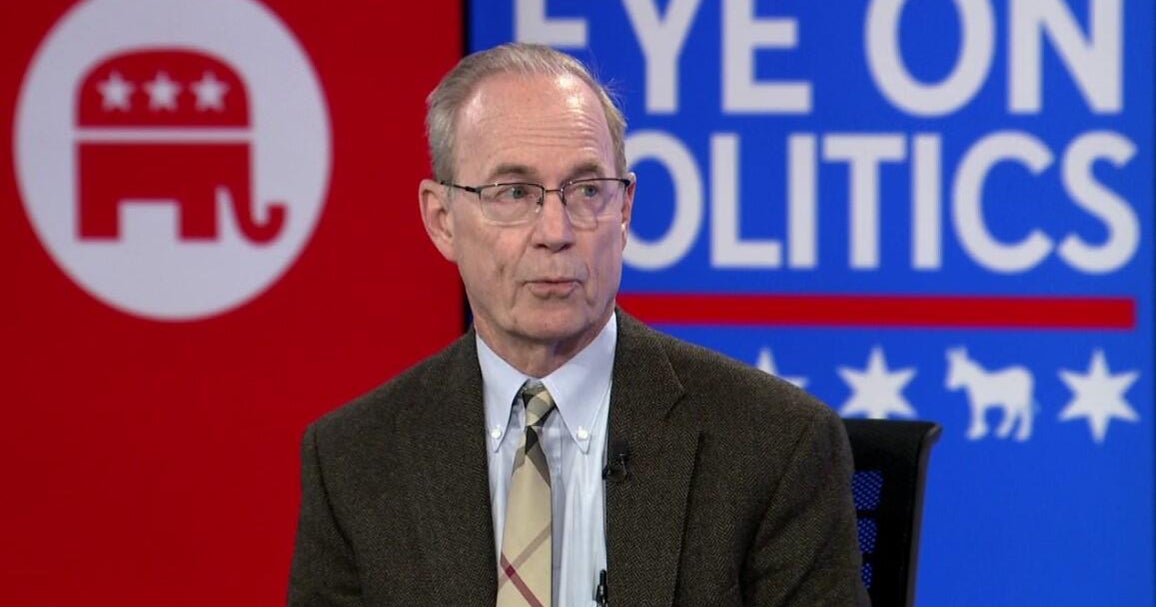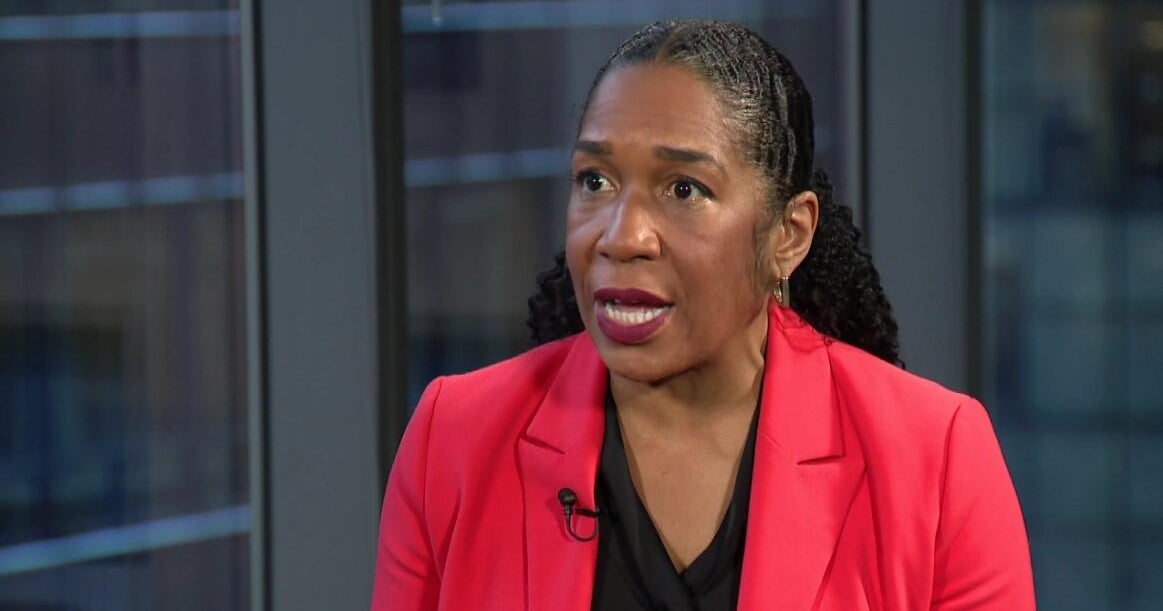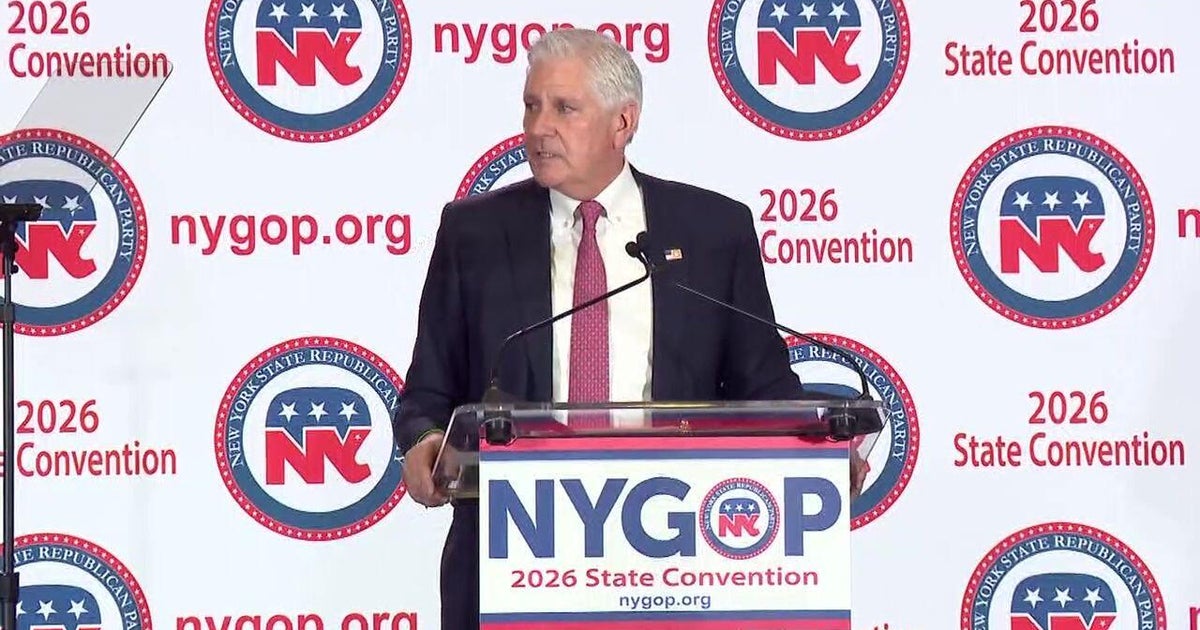Keller @ Large: Does relaxed dress code threaten respect for Congress?
BOSTON - Senator John Fetterman (D-Pennsylvania) admits he's not a fashion plate. Gym shorts, sneakers and hoodies are his typical workday attire.
And Senate Majority Leader Chuck Schumer's decision to end enforcement of the unwritten Senate dress code barring such getups - reportedly as a favor to Fetterman - is drawing fire from an array of Republicans. "We need to be lifting up our standards in this country, not dumbing down our standards in this country," says GOP presidential candidate Ron DeSantis.
Senate Minority Leader Mitch McConnell seemed more inclined to shrug it off. "I can't imagine we're gonna be wearing jeans on the Senate floor anytime soon," he says.
But partisan sniping aside, we wondered - do business etiquette experts think the critics have a point?
"The way that we dress impacts the way other people perceive us," says Jodi RR Smith of Marblehead's Mannersmith Etiquette Consulting, who suggests Schumer may be bucking a trend back to more formal work attire. "We are now hopefully on the cusp of the end of this pandemic, and if you go to stores, whether brick or mortar or on websites, you will see that jackets and suits are starting to come back in again."
"The way in which one dresses inspires confidence or it does not," agreed Roseanne Thomas of Boston's Protocol Advisors, who frowns on the idea of shorts on the Senate floor, but also notes: "People can be individuals. I think of President Zelenskyy of Ukraine and how the way in which he dresses inspires confidence among people who support the country."
While Fetterman has been known to wander the halls in shorts and a hoodie, there's no indication he plans to wear them onto the Senate floor. In fact, he took to Twitter a/k/a X to needle his Republican critics for their outrage over the story.
But if they're right about a relaxed dress code threatening respect for Congress, that begs a question - how much lower can that actually go?










